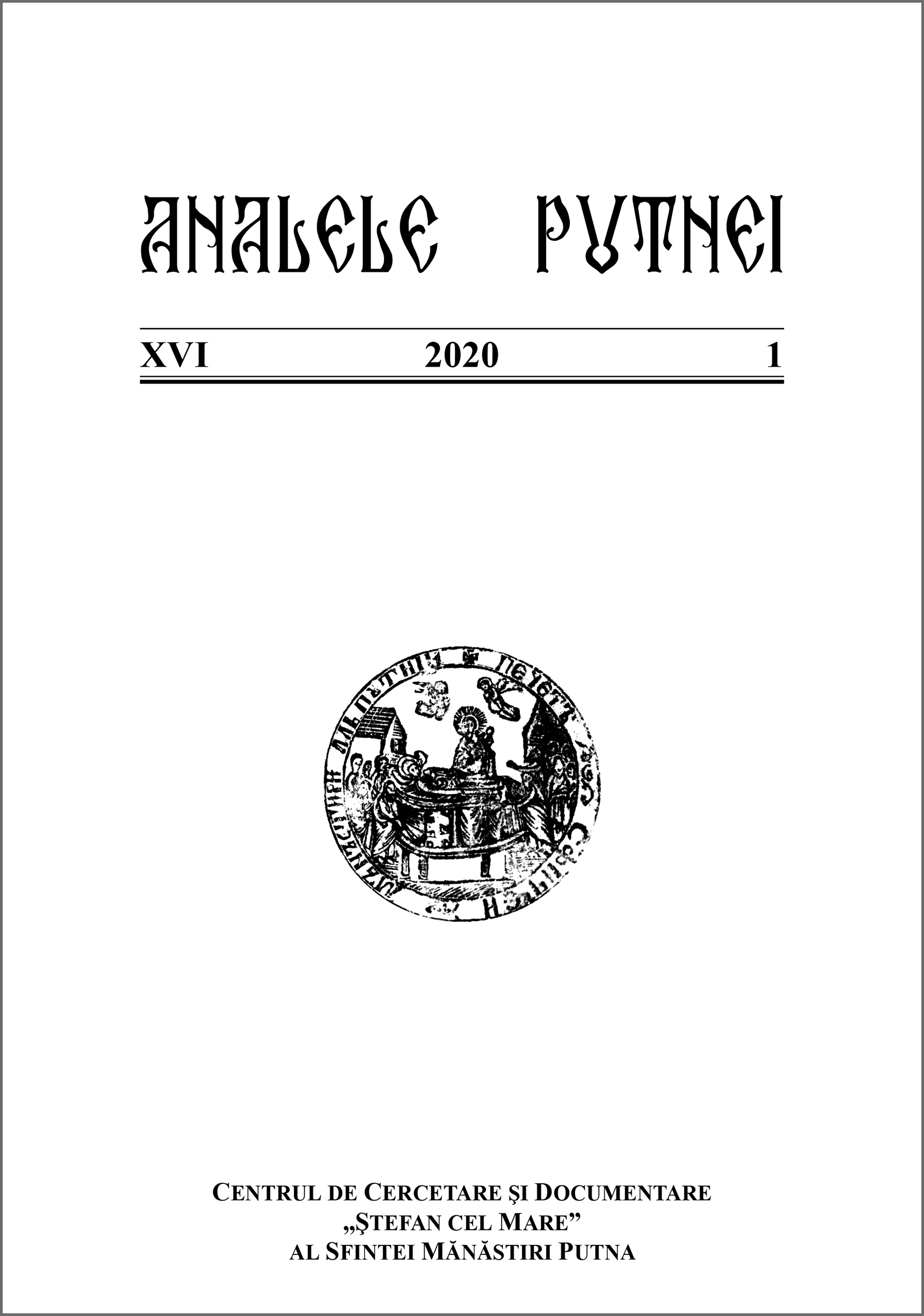L’exil pour dernière demeure: métropolite Dosithée (Dosoftei) Barilă à Stryi
Exile as Final Resting Place: Metropolitan Dositheus (Dosoftei) Barilă in Stryi
Author(s): Vera TchentsovaSubject(s): History of Church(es), Diplomatic history, 17th Century
Published by: Centrul de cercetare şi documentare ŞTEFAN CEL MARE
Keywords: Moldavia; Polish-Lithuanian Commonwealth; Metropolitan Dositheus (Dosoftei) Barilă; Saint John the New; relics; Stryi;Metropolitan Dosoftei;
Summary/Abstract: From 1686 to the end of his life in 1693, Dositheus (Dosoftei) Barilă, Metropolitan of Suceava, lived in exile, far away from his flock, as a consequence of King John III Sobieski’s military retreat from Moldavia after his aborted expedition against the Ottomans and their allies. Ştefan Petriceicu, prince of Moldavia, followed the Polish-Lithuanian army in Galicia, along with his supporter, Metropolitan Dositheus. The hierarch took away with him the liturgical silverware and cloths of his see together with the holy relics of Saint John the New. During his long exile in the Polish town of Stryi, Dositheus addressed various letters to Moscow voicing to the addressees his hopes for a quick return to his eparchy, as the king prepared new expeditions to Moldavia. Furthermore, the metropolitan tried to collect funds from Russian benefactors through monks from Putna monastery and Bishop Nicolas of Rădăuţi, who visited Moscow, along with other envoys, coming on his behalf. After the death of Constantin Cantemir, ruler of Moldavia and enemy of the metropolitan, in 1693, persistent rumors began to spread, decrying Dositheus’ “imprisonment” by the Polish king and the latter’s confiscation of Saint John the New’s relics. The reason of these rumors, probably, was the change in metropolitan’s position: after the demise of Cantemir, the patriarch of Constantinople restored Dositheus on his Suceava chair. It seems that the metropolitan himself and his closest entourage of the “keepers of the great martyr John of Suceava” had new political projects, that diverged from those of the Polish king. However, Dositheus’ death prevented his return in Moldavia and the Polish king, still at odds with the Ottomans, seized the opportunity to keep the relics and to nominate the bishop of Lviv locum tenens of the see of Suceava.
Journal: Analele Putnei
- Issue Year: 2020
- Issue No: 1
- Page Range: 111-138
- Page Count: 28
- Language: French
- Content File-PDF

